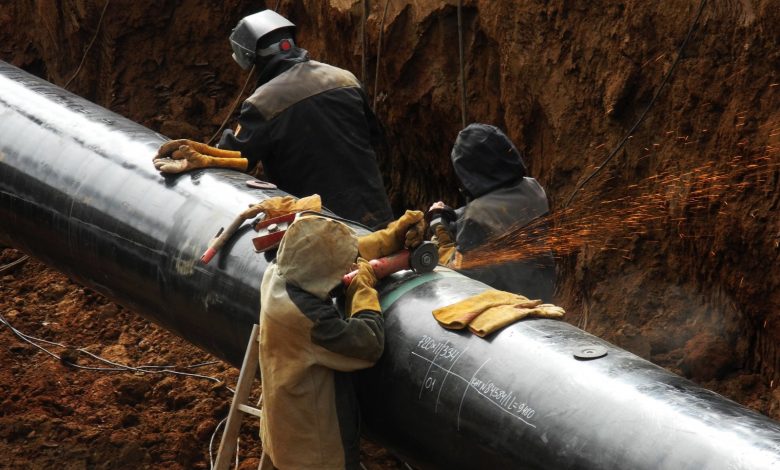EACOP communities demand that Sinosure, Exim Bank consult them before financing
EACOP-N has given Sinosure and China Exim bank up to 10 November 2023 to get back to them as regards their request to be consulted through the EACOP affected people’s network before any decision on the EACOP is made among others.

Under their umbrella body East African Crude Oil Pipeline-Affected People’s Network (EACOP-N), over 2000 households that have been affected by EACOP, Kingfisher and Tilenga oil projects in Uganda have expressed concerns over news that Sinosure and ChinaExIm bank are set to provide financial support to the EACOP project.
According to a statement released by EACOP-N, the households are calling on Sinosure and China ExIm bank to conduct an independent field visit organised in collaboration with the affected communities before making any decision related to the EACOP.
EACOP-N has given Sinosure and China Exim bank up to 10 November 2023 to get back to them as regards their request to be consulted through the EACOP affected people’s network before any decision on the EACOP is made among others.
Concerns raised by EACOP-N
The statement indicates that the EACOP project developers are displacing 13,546 households in Uganda and Tanzania with over 86,000 people.
“The displacement, which has been characterised by violations against Uganda’s 1995 Constitution and IFC Performance Standards, especially Standard 5, has caused impacts such as food stress, income losses, school drop outs, and failure by many project-affected persons to replace their property due to being paid delayed, inadequate and unfair compensation, among others,” the statement reads in part.
EACOP-N reveals that the affected households of Hanang, Kiteto and 2 Simanjiro districts of Manyara region in Tanzania were served with eviction notices by the Tanzania Petroleum Development Corporation (TPDC), which is working on behalf of China National Offshore Oil Corporation (CNOOC), Total, the Ugandan government and Tanzanian government to acquire land for the EACOP project.
“The people were not given an opportunity to harvest their crops such as pigeon peas and cassava, which stands to impoverish the households. The people asked whether a project that impoverishes people can be called good.”
In addition, the people noted that as farmers who rely on good climate and a healthy environment, they are worried about the environmental and climate impacts of the EACOP.
“The people observed that since activities such as construction of roads, central processing facilities, feeder pipelines, Hoima International Airport and others to enable development of the EACOP, Kingfisher and Tilenga project started in Uganda, trees and other vegetation have been cleared,” reads an excerpt.
The further decried the loss of livelihoods that have already been incurred.
“On Lake Albert where CNOOC’s Kingfisher oil project activities are located in Uganda, some fisher folk have lost access to fishing grounds. In addition, the light from the Kingfisher oil rig that was launched in January 2023 has made access to fish more difficult,”
EACOP-N noted that people complained of the militarization charaterised by security checkpoints, development of new military detaches and others seen in Buhuka in Kikuube district, where CNOOC operates the Kingfisher oil project.
“The military presence has however caused fear amongst community members and caused the abuse of fundamental human rights such as the right to free movement, the people said,” they noted
Adding, “The people raised other concerns such as increased human-wildlife conflicts arising from oil drilling in Murchison Falls National Park and noted that they were losing their crops and some people had been killed by elephants.”







